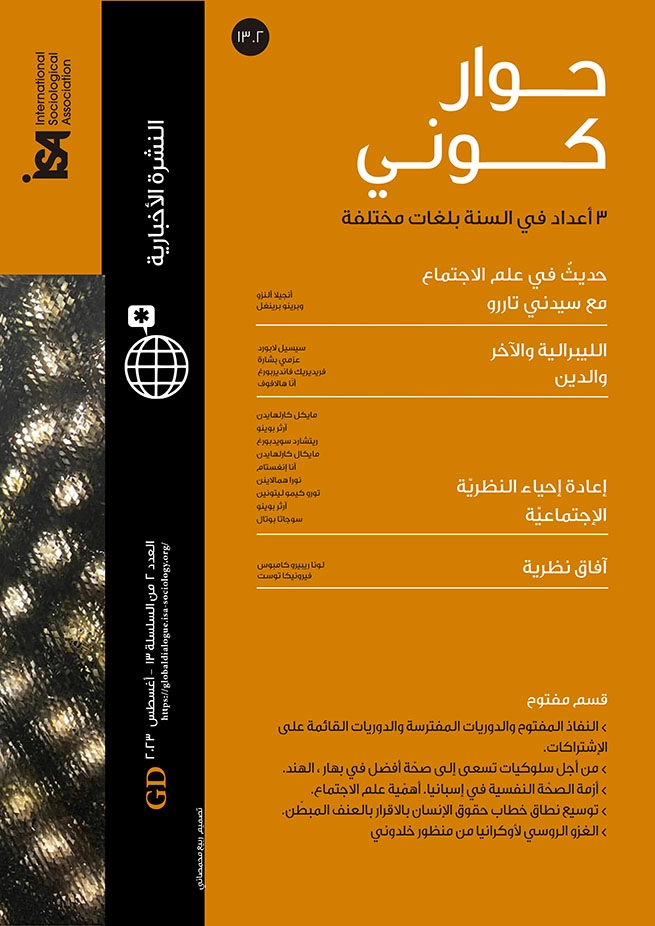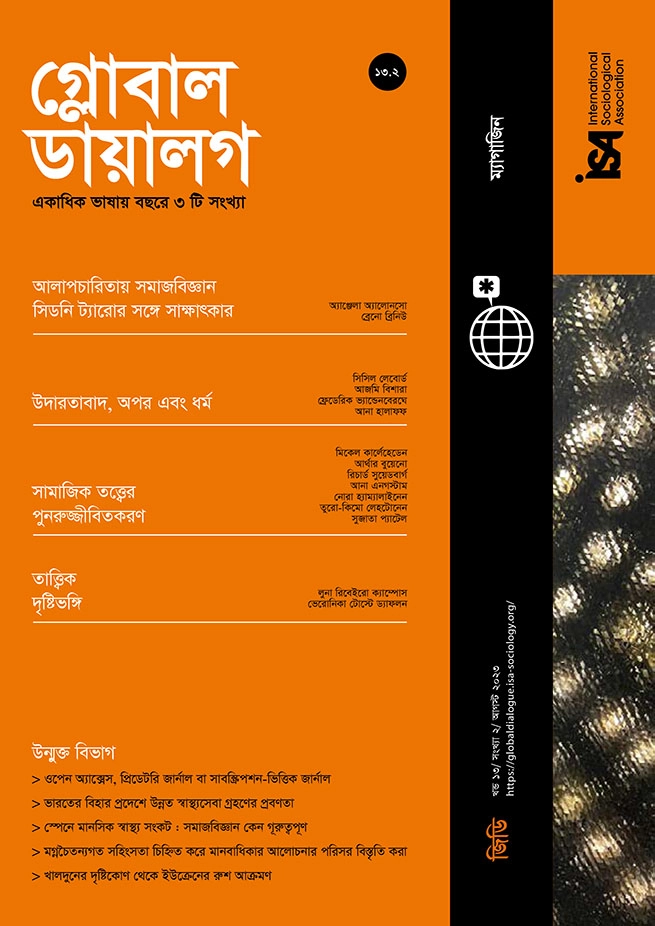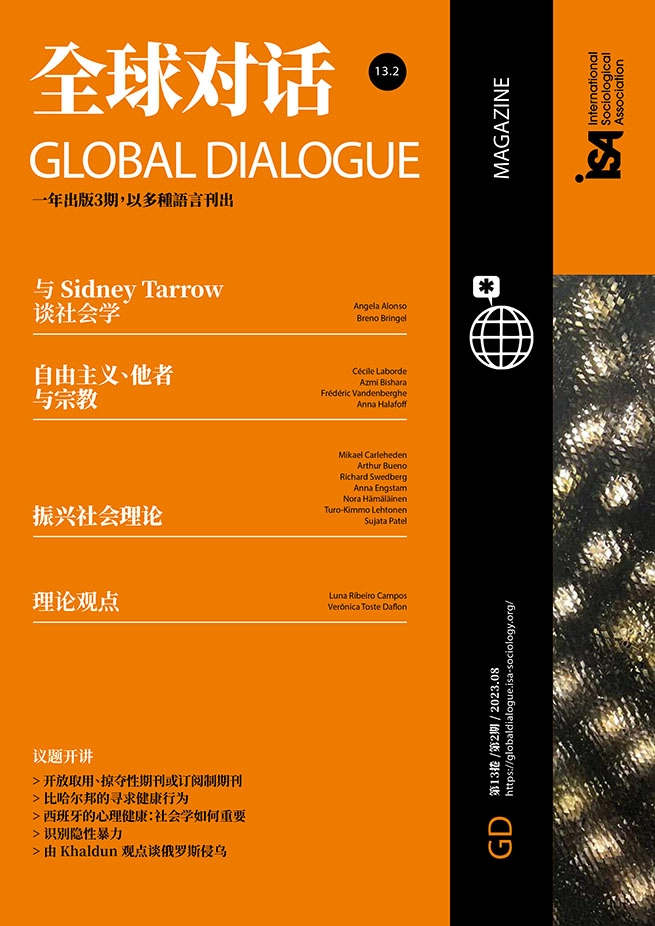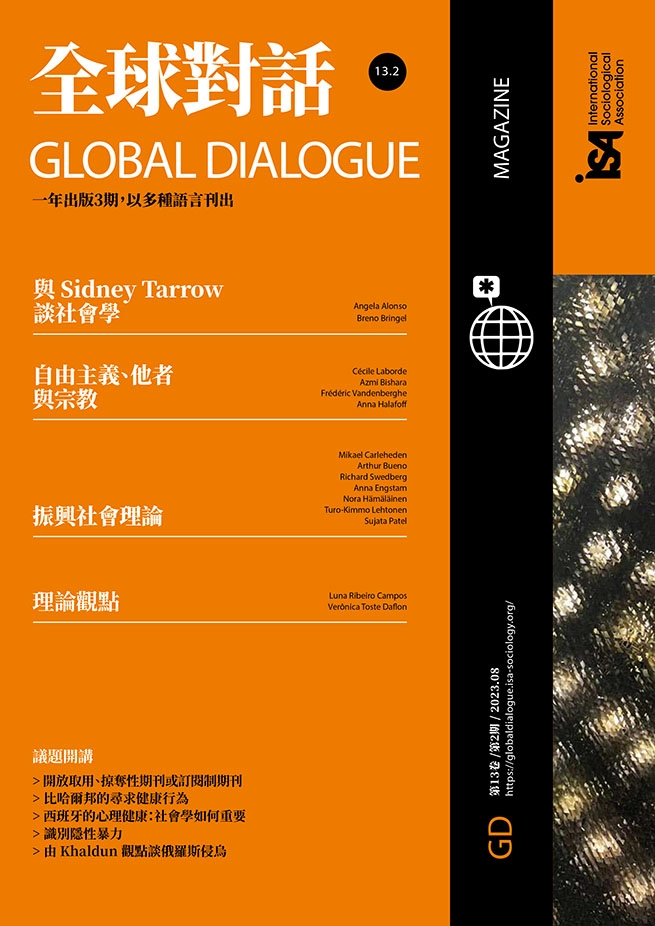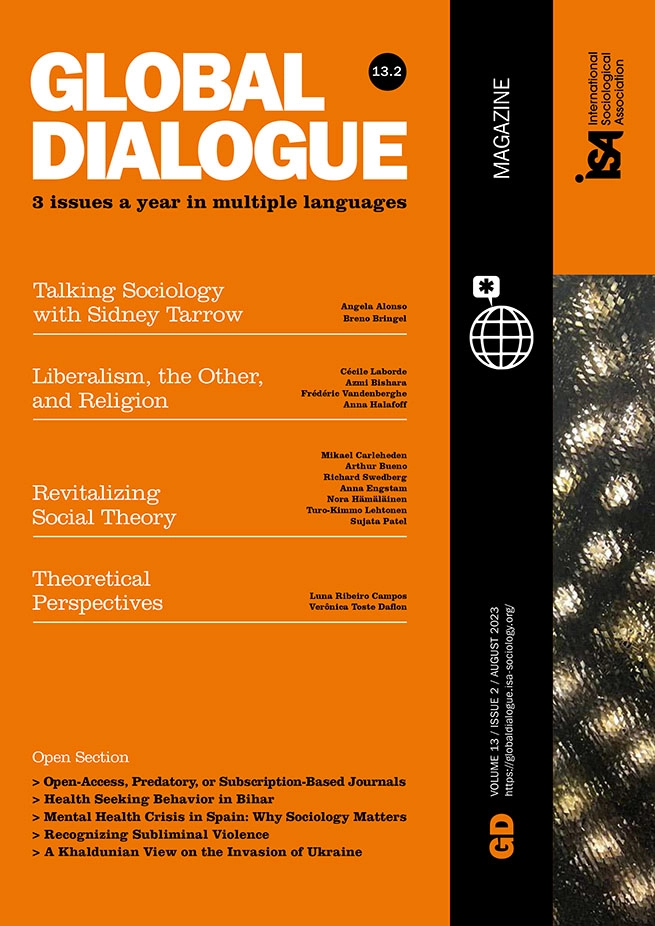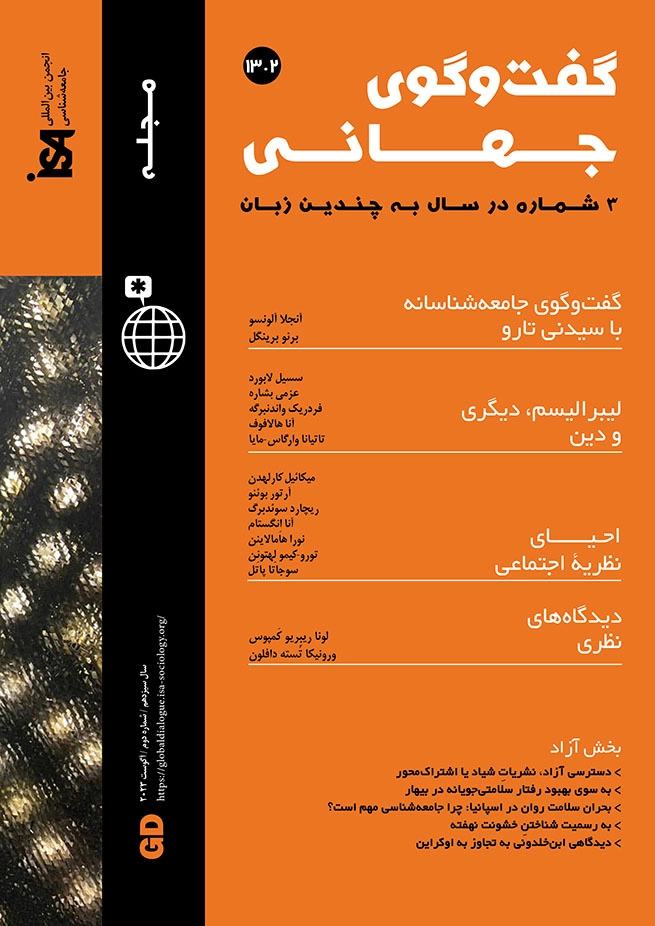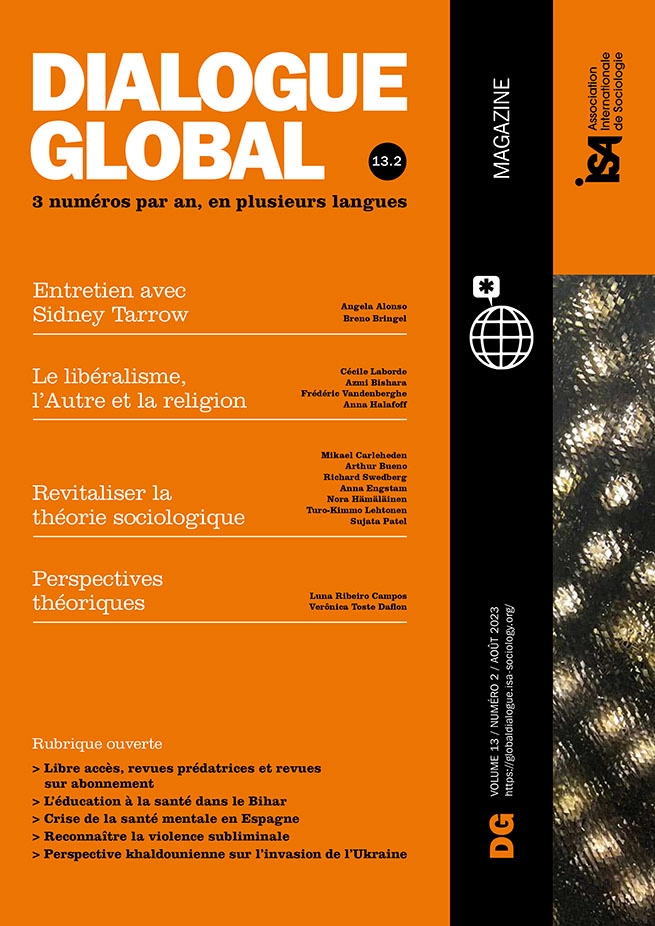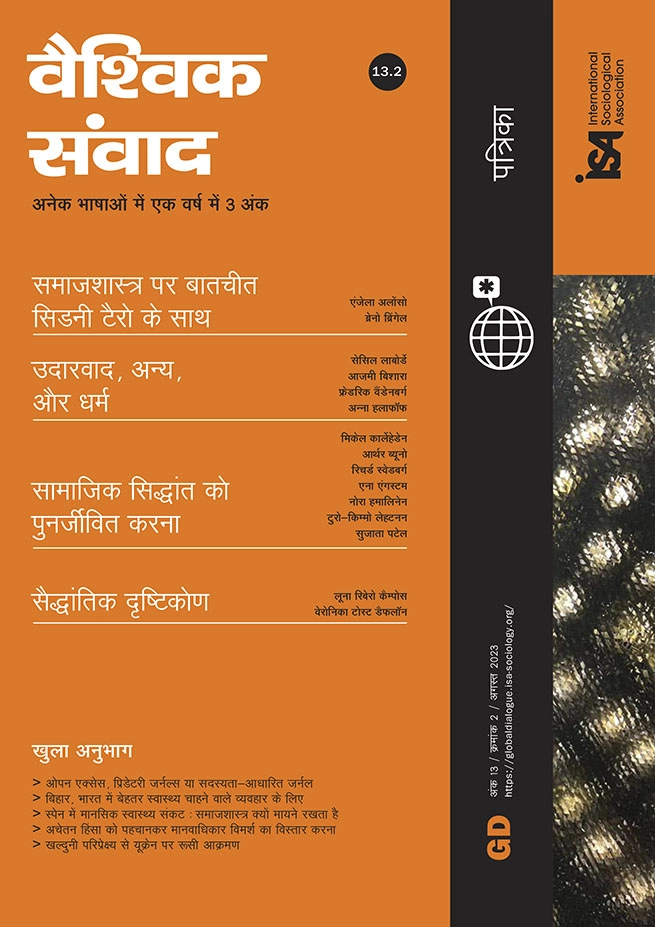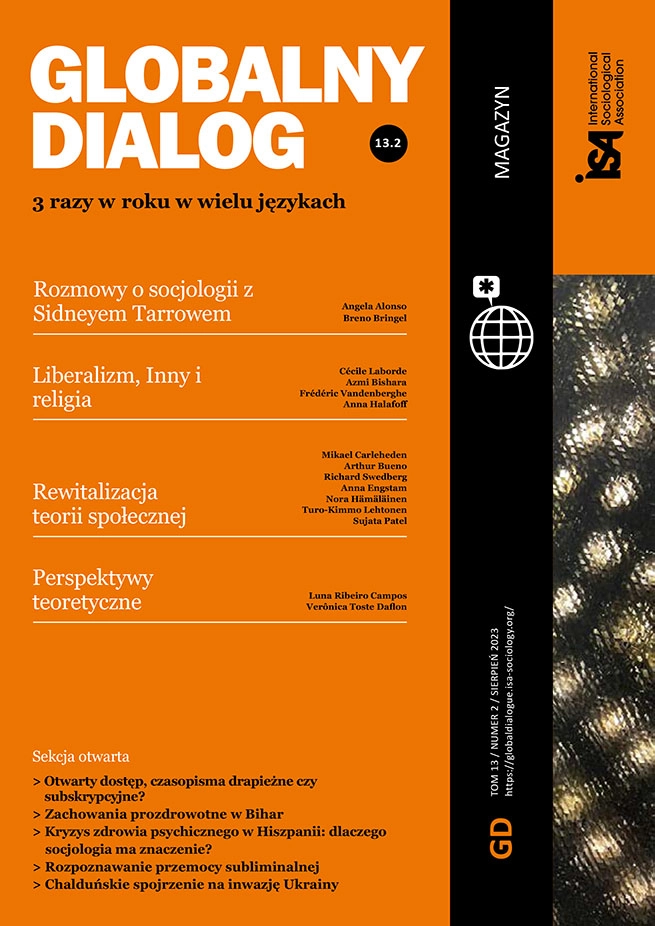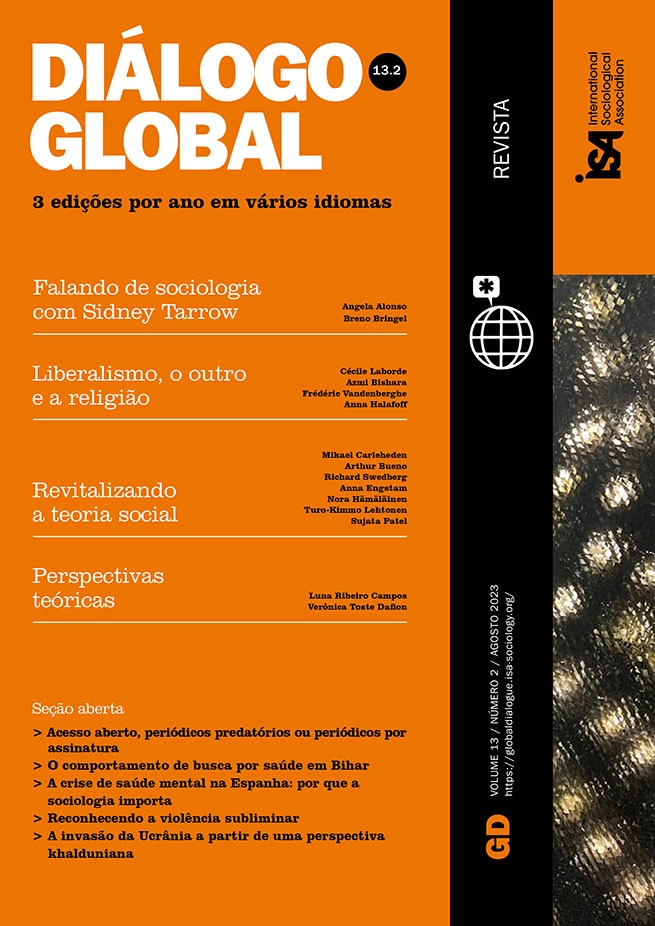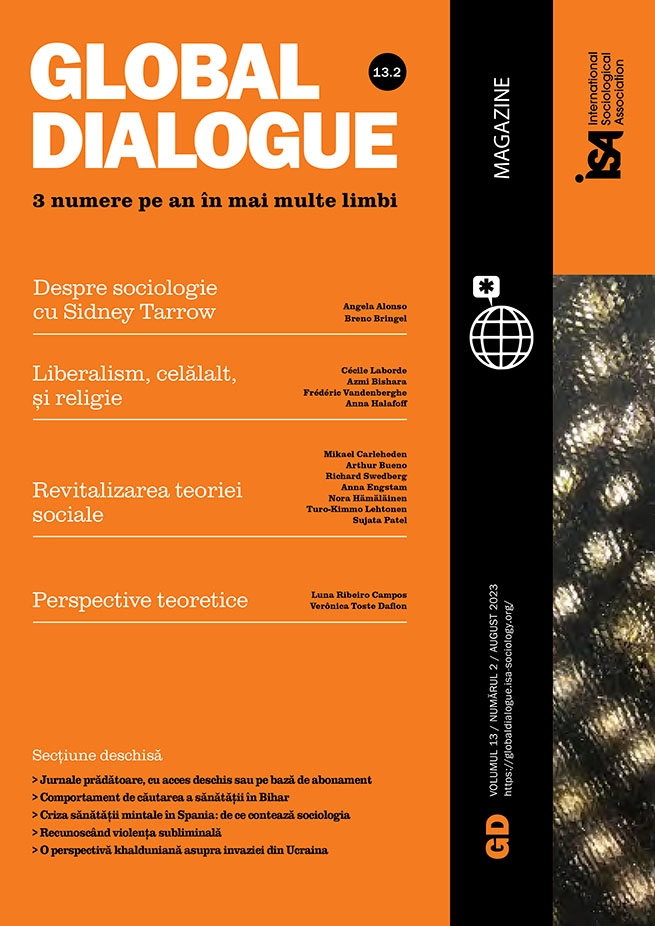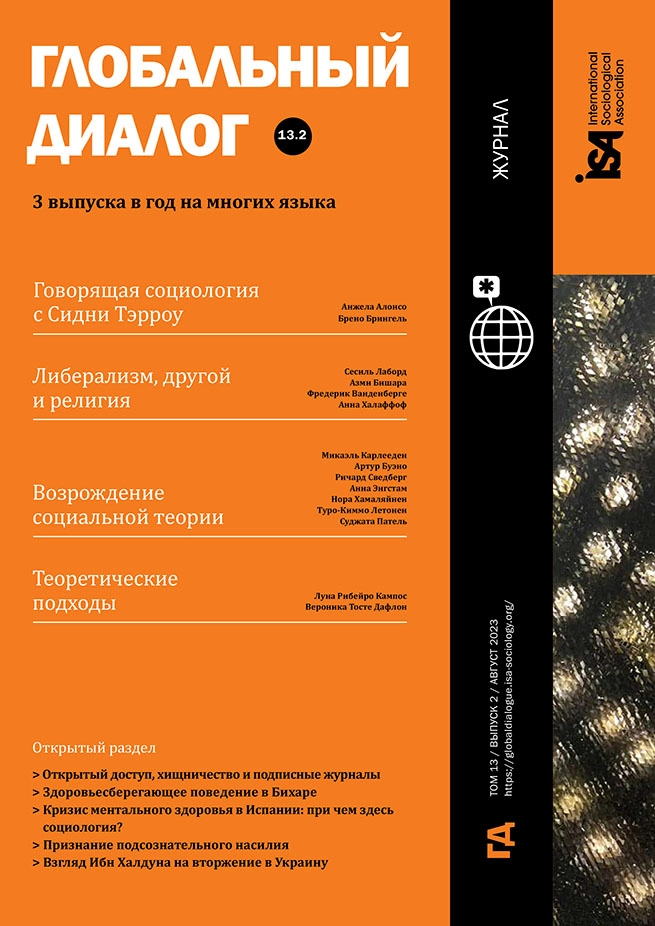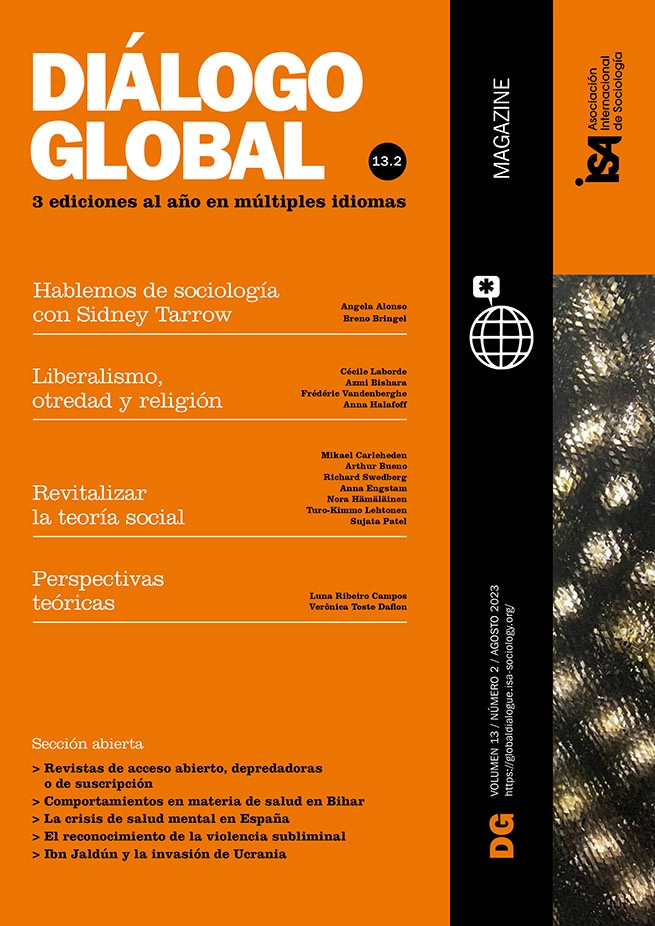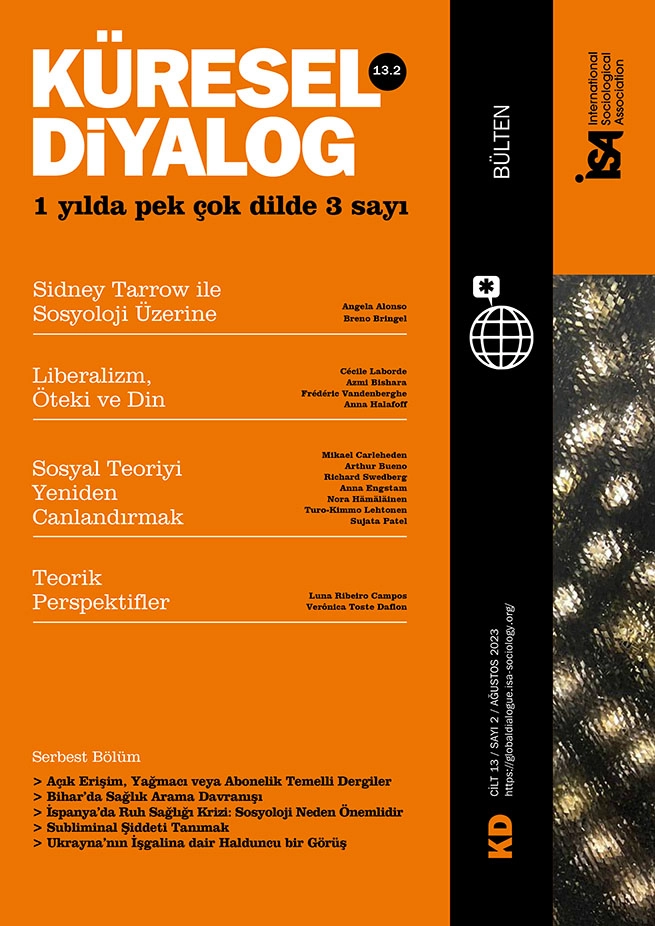It is a commonplace that something noteworthy has happened to “social theory” in recent decades. Views differ, however, concerning what exactly has happened and how the situation should be assessed.
From mid-century “grand theory” to end-of-century “studies”
Defenders of “theory” have been heard to lament that the social sciences have been taken over by myriad empirical studies, with little ambition to say something more general about society and no capacity to provide research with new substantive tools or perspectives. This situation is contrasted to the creative surge in social theory in the decades after World War II, especially from the 1960s through the 1980s, the heyday of “Grand Theory”. In European sociology, this period was marked by lively debates in which different schools of thought were forged and often positioned against each other. Various forms of Marxism prominently challenged the “liberal” tradition of (American) sociology. Influential yet differing arguments about communication or systems theory were exchanged by Niklas Luhmann and Jürgen Habermas. Thinkers such as Anthony Giddens and Pierre Bourdieu launched new research programs that aimed to find a middle ground between “actors” and “structures,” seeking to emphasize the role of “practice.” Even more philosophical debates had a following within European sociology, such as the writings on “postmodernism” by Jean-Francois Lyotard or Jean Baudrillard and, more lastingly, Michel Foucault’s studies of power and knowledge in the historical shaping of Western forms of subjectivity.
An important shift took place in the late 1980s and the 1990s that saw the consolidation of interdisciplinary fields of various “studies”: cultural studies, urban studies, gender studies, post-colonial studies, science and technology studies, and, more recently, queer studies and discard studies. While research in these fields often made substantial use of prominent theorizing from earlier decades, the manner of employing conceptual apparatuses was new. Sociological work was mixed with anthropology, philosophy, history, and literature scholarship, and instead of aiming to produce broad generalizations, research was oriented towards empirical topics and characterized by methodological pluralism and theoretical diversity. This pluralism has been hospitable to conceptual innovations in relation to empirical work, including growing attention to questions of spatiality and temporality, embodiment, materiality, practices of care, epistemic forms of injustice, and so on.
However, few of these moves fit the idea of grand social theory. At present, ambitious conceptual efforts and theoretical novelty have failed to capture the imagination of our contemporaries. In sociology departments, most research is Kuhnian “normal science”: the methods and topics are relatively well established; as for conceptualizations, there is a wide variety of possible paths to follow that are all regarded as legitimate. The discipline of sociology does not appear to expect itself to be revitalized by high-profile theorizing that, as an end in itself, has turned into a marginal pastime.
The theoretical efficacy of lived practice
Is this, then, the end of social theory? In our view this would be a mistaken conclusion. Instead of bemoaning the situation simply because theorizing today does not look or feel the way it did at a previous point, we want to draw attention to the ways in which theoretical thinking is alive and well in the areas where sociological work encounters different kinds of “studies.” Moreover, we propose a name or label for this manner of moving between various intellectual heritages: fieldwork in philosophy.
The phrase “fieldwork in philosophy” was coined by philosopher J. L. Austin to emphasize the need for familiarizing oneself with ordinary language use to overcome misguided generalizing questions in philosophy. It was later picked up by Pierre Bourdieu, for whom it was helpful when thinking about how to turn the philosopher’s activity into an object of social study. For his part, Paul Rabinow used the label in a sense that comes closer to ours: he found the philosophico-theoretical ways of posing questions useful for addressing complex contemporary realities at concrete sites.
The common denominator for thinkers whose work fits the “fieldwork in philosophy” label is the way attention to lived practice (linguistic, institutional, etc.) is considered theoretically efficacious in its own right. Rather than applying a “grand” (explanatory) theory to the world they study, they are inclined to let social reality teach them how to consider it, in what could be described as a ground-up manner that is nonetheless geared towards generating theoretically significant results.
Distinctive characteristics of a broad field
The phrase “fieldwork in philosophy” suggests an especially close affinity between philosophy and anthropological practice. However, in our view, it also nicely captures the tone in which much sociological research is conducted nowadays. Thus, instead of finding authors of “grand” theories in the list of references of many present-day publications, one finds particular kinds of scholars – those who philosophize based on empirical materials and historically situated data. This characterization applies not only to the work of a range of philosophers such as Michel Foucault, Bruno Latour, Ian Hacking, Donna Haraway, and Annemarie Mol, but also to anthropologists like Anna Tsing, Marilyn Strathern, Eduardo Kohn, and Tim Ingold, whose writings especially influence those sociologists who work at the intersections of different “studies” and more classical forms of qualitative research. We suggest that there are four distinctive characteristics of the broad category of fieldwork in philosophy.
- This work focuses on a particular site of human life and activity with distinctive spatiotemporal constraints instead of proceeding with presumably universal categories. For example, such sites can include the institutional settings where a modern understanding of probability is consolidated, as in Hacking’s The Taming of Chance.
- The theoretical sensibility of fieldwork in philosophy implies an engagement with a description of what happens at a given site, with the conviction that this description has theoretical and philosophical implications; an example is Mol’s 2003 ethnographic study at a university hospital in the Netherlands that purports to be about “empirical philosophy.”
- Fieldwork in philosophy involves conceptual work on both the concepts used by the people at the sites studied and those developed for the purpose of describing what is going on at the sites. Hence, Foucault in Discipline and Punish does not content himself with articulating the “member categories” of the discourse at play in the emergence of new forms of subjectivity in prisons, hospitals, schools, and the army in nineteenth-century France, but also develops new conceptual tools with which to organize his findings. This is the role of his famous concepts, such as “microphysics of power” which, because of their rootedness in the particular described site, are never meant to be about “grand theory,” even if they can in effect travel to other sites and have subsequently been found useful for very different research by other scholars.
- Lastly, many though not all studies sharing the sensibility that we call fieldwork in philosophy address ontological issues; that is, the make-up of reality. Latour’s Aramis is a good example. While studying in minute detail the rise and fall of a technological project, the empirical description helps him address what human togetherness – the collective – is in ontological terms.
Rather than leaving an impression on subsequent research in the form of a theory that can be “applied” from the top down, research that shares the sensibility of fieldwork in philosophy leaves a trail of ways of looking and conceptual tools that can, insofar as they are found useful, be put to work at new sites and modified to new needs. In other words, the theoretical sensibility that authors such as Foucault, Latour, and Mol represent also invites conceptual and methodological improvisation on the part of emerging researchers to fit both new objects of inquiry and whatever new questions researchers bring to the field of study. Thus, the development of theory happens not primarily in the register of “social theory” but in the course of ongoing work in situ.
Nora Hämäläinen, University of Helsinki, Finland <nora.hamalainen@helsinki.fi>
Turo-Kimmo Lehtonen, Tampere University, Finland <turo-kimmo.lehtonen@tuni.fi>






